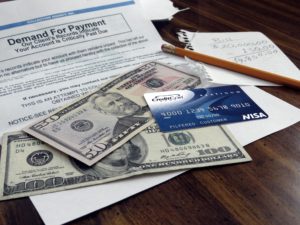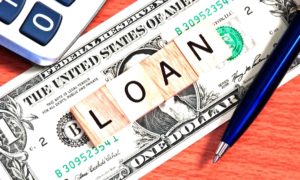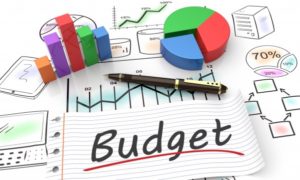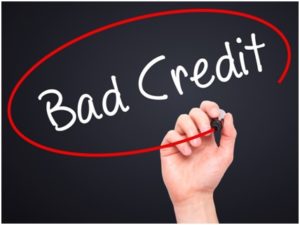Investing While in Debt is Totally Possible
 Do you have some money saved up? It is completely normal to want to see that money grow in investments. If you happen to be in debt, though, investing seems like nothing more than a pipe dream. How do you get out from under a mortgage while investing money at the same time? Well, fr.doylesalewski.ca says that you can do just that. There are many ways in which you can balance your debts while investing in new ventures.
Do you have some money saved up? It is completely normal to want to see that money grow in investments. If you happen to be in debt, though, investing seems like nothing more than a pipe dream. How do you get out from under a mortgage while investing money at the same time? Well, fr.doylesalewski.ca says that you can do just that. There are many ways in which you can balance your debts while investing in new ventures.
Know the Types of Debt You Have
Your ability to invest while in debt is based on the type of debt you’re trying to pay off. Some types of debt make it a very bad idea to invest in other ventures during. Others are not so bad. High-interest debt is the worst kind. This type includes credit card debts and similar situations where the interest rate is more than 10%. Low-interest debt, on the other hand, is easier to invest during. This includes car loans, mortgages, and bank loans for personal use.
Why Should You Invest While in Debt?
Getting rid of debt is a process that takes a long time. Loans that last for up to 30 years exist. You don’t want to dedicate all your time and money to paying off these debts and find that you have nothing waiting for you at the end of it. When you pay off debt on its own without investing, you gain financial freedom at the end of the period. This comes at the cost of less time for any future investments to mature. If you start a portfolio right now, the time value of money is such that a $100 investment today could yield over $10000 at the end of the 30-year period of your loan. This value depends on the interest rate of your investment over this period of time.
You Need a Different Portfolio
Investing while in debt is different to investing in ventures in the traditional way. The difference here is that instead of making low-risk investments you use that money to pay off your loans and long-term debts. The returns, in this case, include a reduced debt balance as well as the return on your high-risk investments including stocks. The higher the risk you take with your investments, the less money will go towards your loan payments. Of course, you need to consider budgeting to make sure that regardless of your investments you will still have just enough to pay off your loans.
Investing is still possible when you’re in debt. The question you should be asking yourself is: should you? This is a very personal decision. It depends on your confidence, your ability to assess risk vs. reward, and much more. This isn’t something that should be engaged in on a whim. You’ll be making some high-risk investments. Make sure you’re psychologically ready for this adventure. You don’t want to wind up demotivated and possibly depressed because an investment falls through. Learn to roll with the punches and focus on managing your debt too.
















